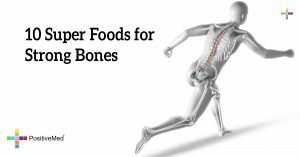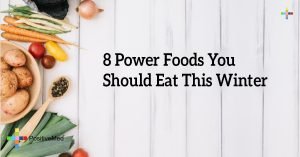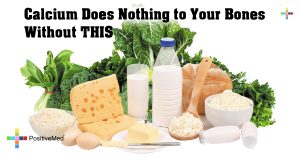
As a Certified Holistic Health Coach, I believe that most disease begins in the gut. In our modern day lives, filled with toxins and stress, we really need to pay close attention to the overall health of our gastrointestinal tract. After all, it is where 2/3 of our immune system lies, and a large population of our body’s microbes lives.
90% of the body’s serotonin is made in the gut from the millions of neurons that act as our second brain. So it’s no myth that we all experience “gut feelings” such as when you feel nervous you get butterflies, and that the state of our gut health has a major impact on our mood. Have you found that when you eat junk foods, you feel really crumby both physically and mentally later on? Listen to what your body is telling you and make food choices that enhance your life force!
More than ever, we need to fight to protect the “good guys” that reside in our GI tract. On a daily basis, we throttle these microbes with stress, medications, alcohol, sugar, processed foods, chemicals, pollution, and other harmful toxins. If we treat them well, then they will treat us well.
To thrive, they need daily nourishment from a wide variety of nutrients found naturally in real whole foods, particularly fibrous plant foods. As Michael Pollen simply yet profoundly says, “Eat food. Not too much. Mostly Plants.” Of all the diet trends out there from Veganism to Paleo, the one things they can all agree on is this!
Good health starts with what you decide to put in your mouth and what your body is actually able to absorb. Digestion is an involuntary action by the body’s intelligent and fine-tuned system, just like blinking, breathing and your heart beating. But there are a few simple things we can consciously do to reduce stress on the GI tract and radically improve digestion for vibrant health.

1. Engage your senses. When we see and smell food our body starts to release gastric juices and signals get sent out all over the GI tract to get ready to receive and process food. So plate your food nicely and take a moment to appreciate how it looks. Also, pick up your plate and smell the food before you eat. If you are the one cooking, taste test the food as you go as a little teaser for the stomach… it’s a sure way to get the stomach-churning with strong digestive fire (also known as hydrochloric acid).
2. Don’t use mealtime as a chance to hydrate, as you will dilute the strength of the hydrochloric acid in your stomach. Instead, drink water between meals so that the food you eat has nothing else to compete with and can easily be broken down and absorbed. This is a great tip for people suffering from acid reflux.
3. Slow down and relax. When we slow down while eating, the body has a chance to process the food thoroughly in a relaxed state and it gives us a chance to recognize when we have had enough. So a rule of thumb is to sit down without distractions and enjoy your meal for as long as it took to prepare it. Why do you think the Europeans spend hours sitting enjoying their meal with loved ones? We need to learn from other cultures rather than stuffing our faces with packaged “convenience” foods on the go due to our stressful, technology-driven, busy and fast-paced Western lifestyles.

4. Chew your food thoroughly. It’s so simple that it sounds silly right? Well, this is something I work on every day and also get my clients to do from the moment we start working together. Your stomach and small intestines can only do their jobs efficiently if you do yours properly in the mouth by thoroughly chewing your food into a fine liquid consistency.
This also helps you with point 3, as chewing forces you to slow down and it is also quite meditative, helping you to relax. This is a great tool for my clients who are prone to overeating and therefore feeling too full, bloated, sluggish and guilty after eating a meal.
5. Reduce stress. When we are stressed, which is quite often for most of us, we drastically reduce or freeze our digestive fire (gastric juices). The body can’t be in fight or flight mode and do a thorough job of digesting food at the same time. One thing will win over the other, and it’s usually stress because the body will prioritize survival over food. Stress can cause people to suffer from IBS, so do some slow deep breathing before mealtime to relax your nervous system, digestive organs, and muscles for a smooth and complete transition of food from one end to the other.
About The Author:
Sarah is a Certified Health Coach and the proud creator of My Balance and Wellness. Her coaching sessions are tailored to your specific needs such as managing weight, meal planning, dealing with food sensitivities, increasing energy and prioritizing daily self-care. Follow Sarah on Facebook for more health inspiration .
Sarah is also an International Coach for the Healthy Life Plan Course. This is a powerful, 6-week, online course that teaches you what to eat and when in order to speed up your metabolism for natural weight loss and improved vitality. To sign up for a FREE 1 Week Trial of the Healthy Life Plan Course, visit [www.metabolicclock.com/courses] and be sure to select Sarah as your supportive coach.
My Balance & Wellness
with Sarah Hawthorne





